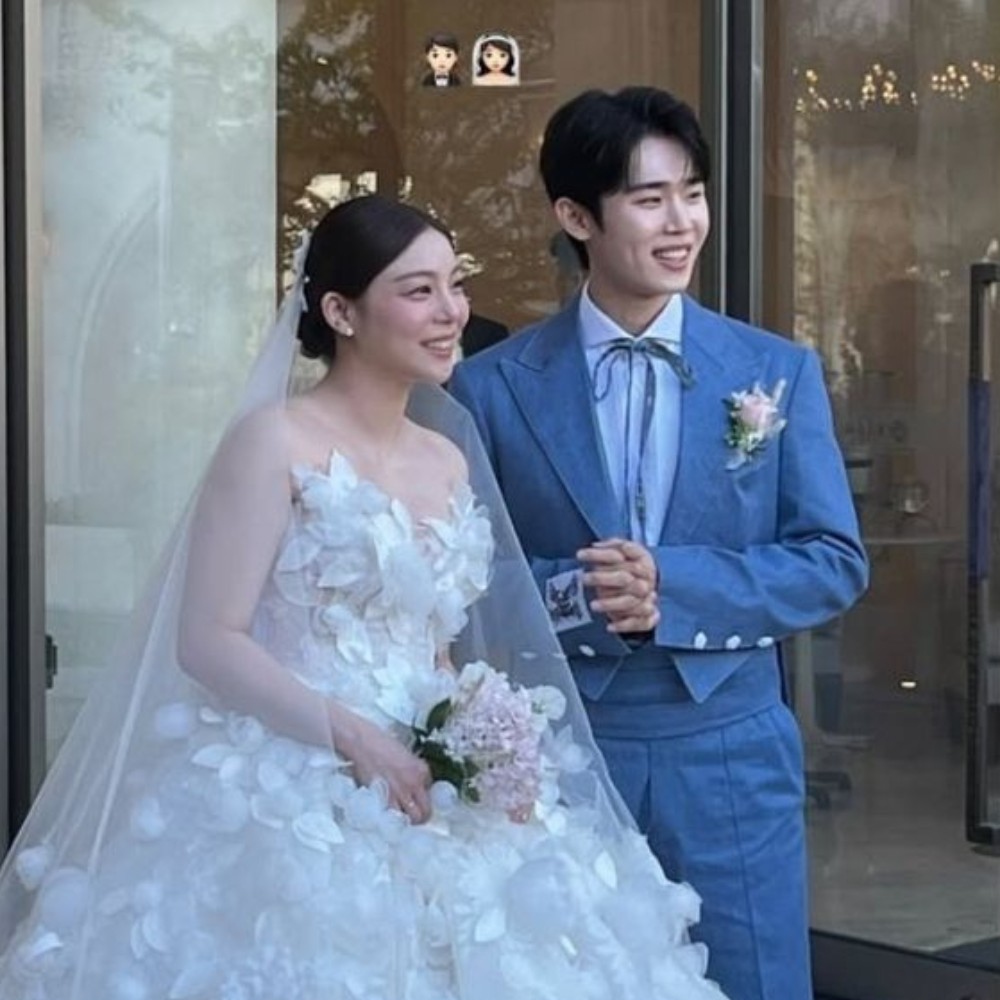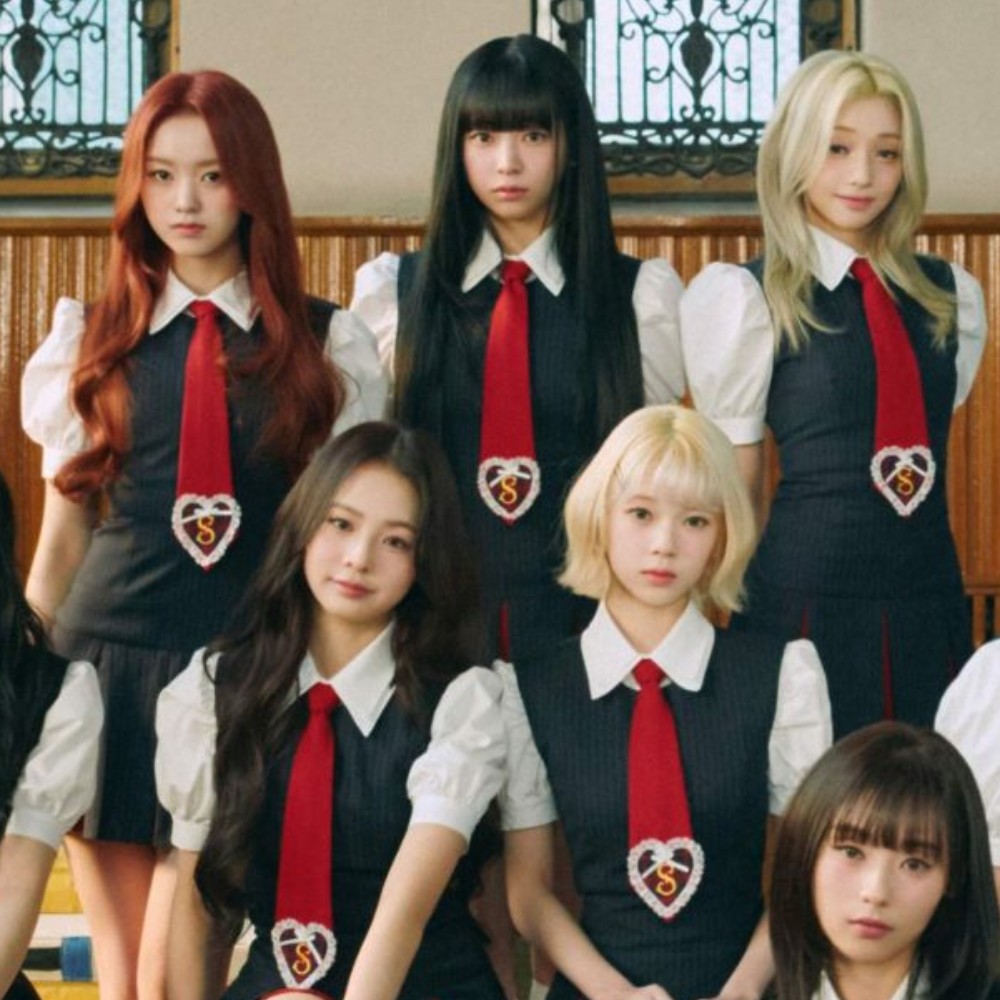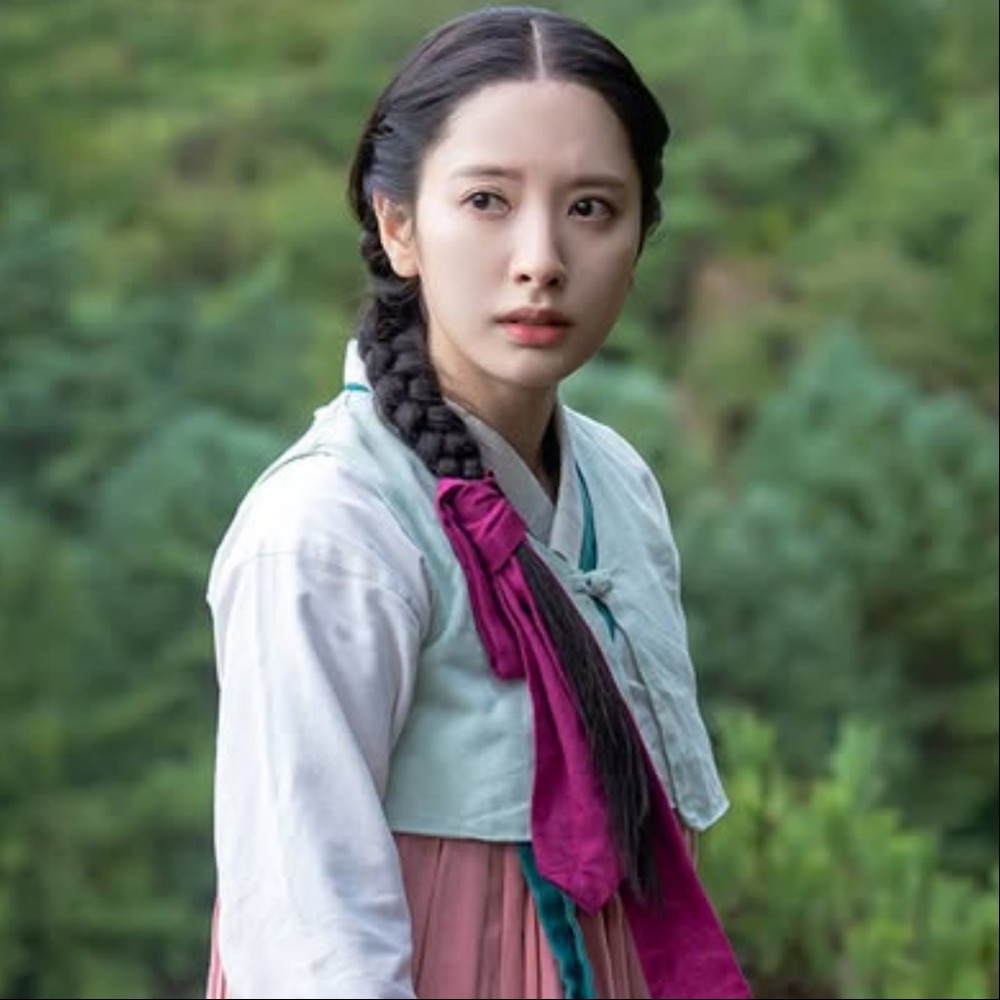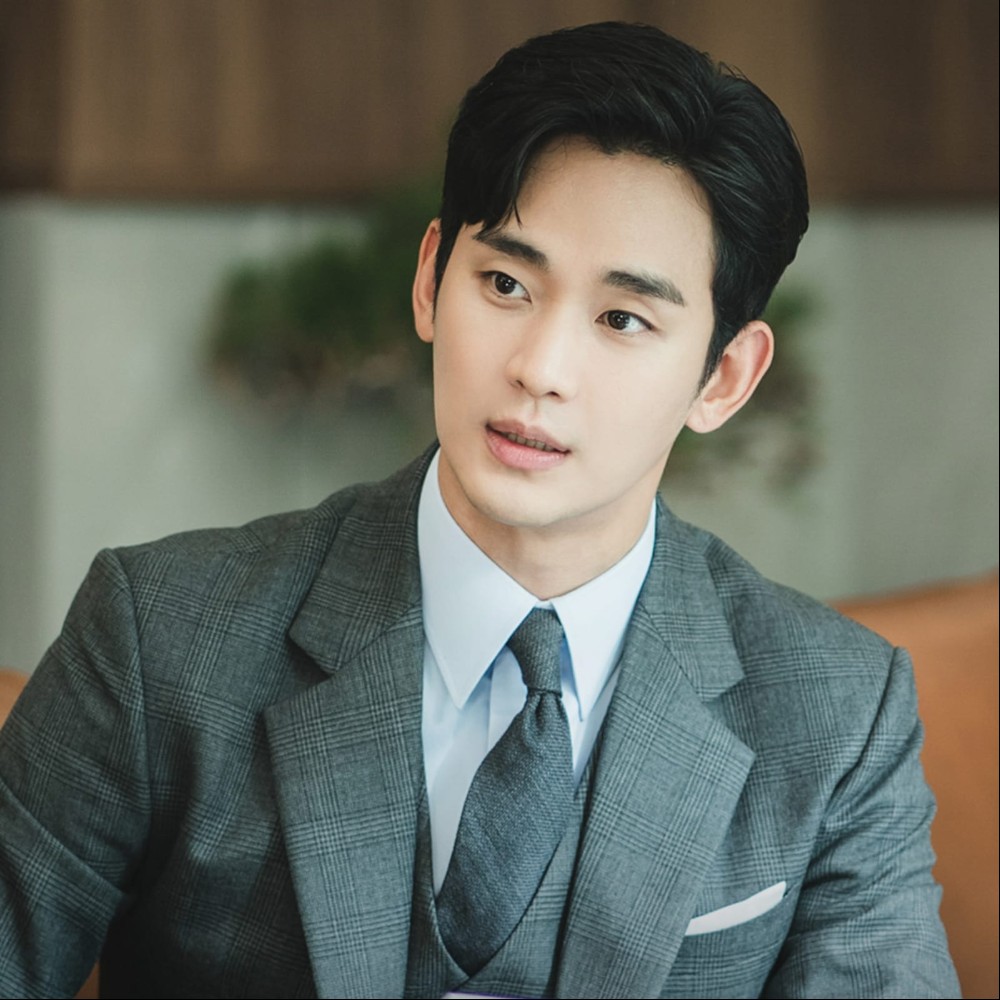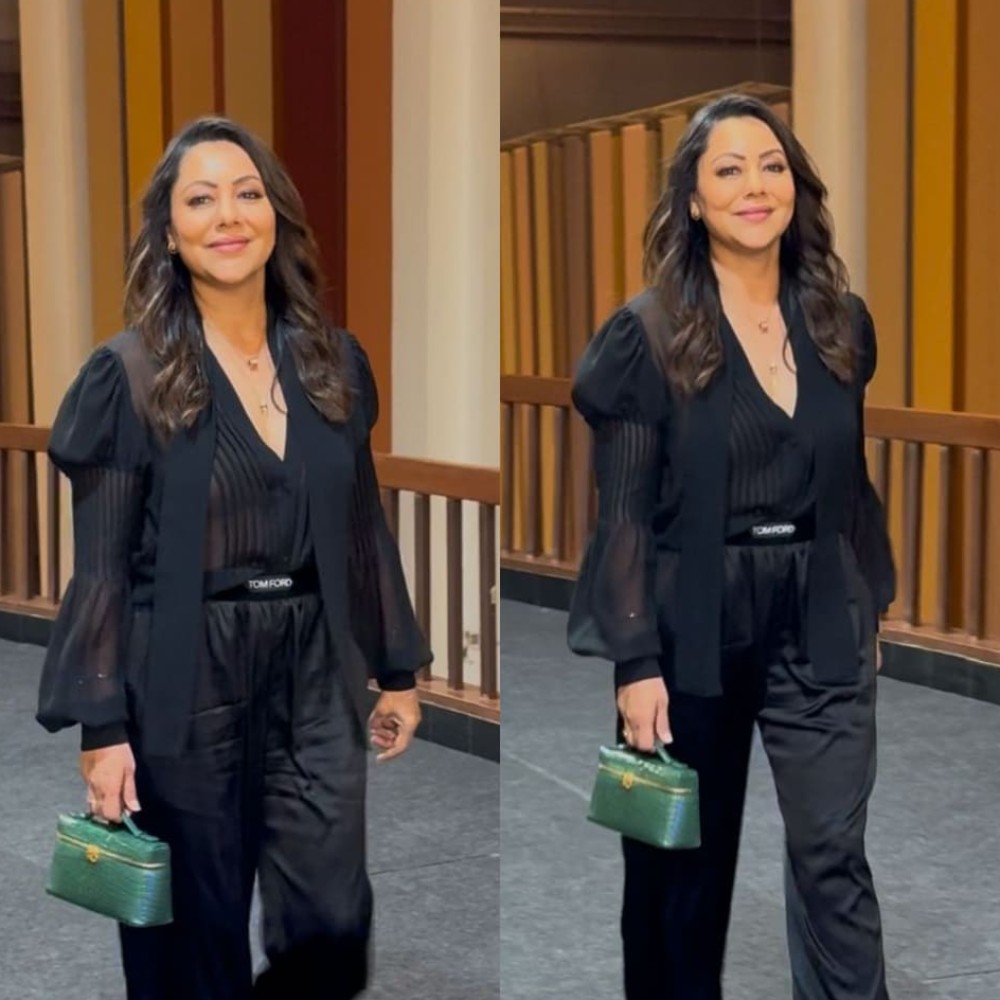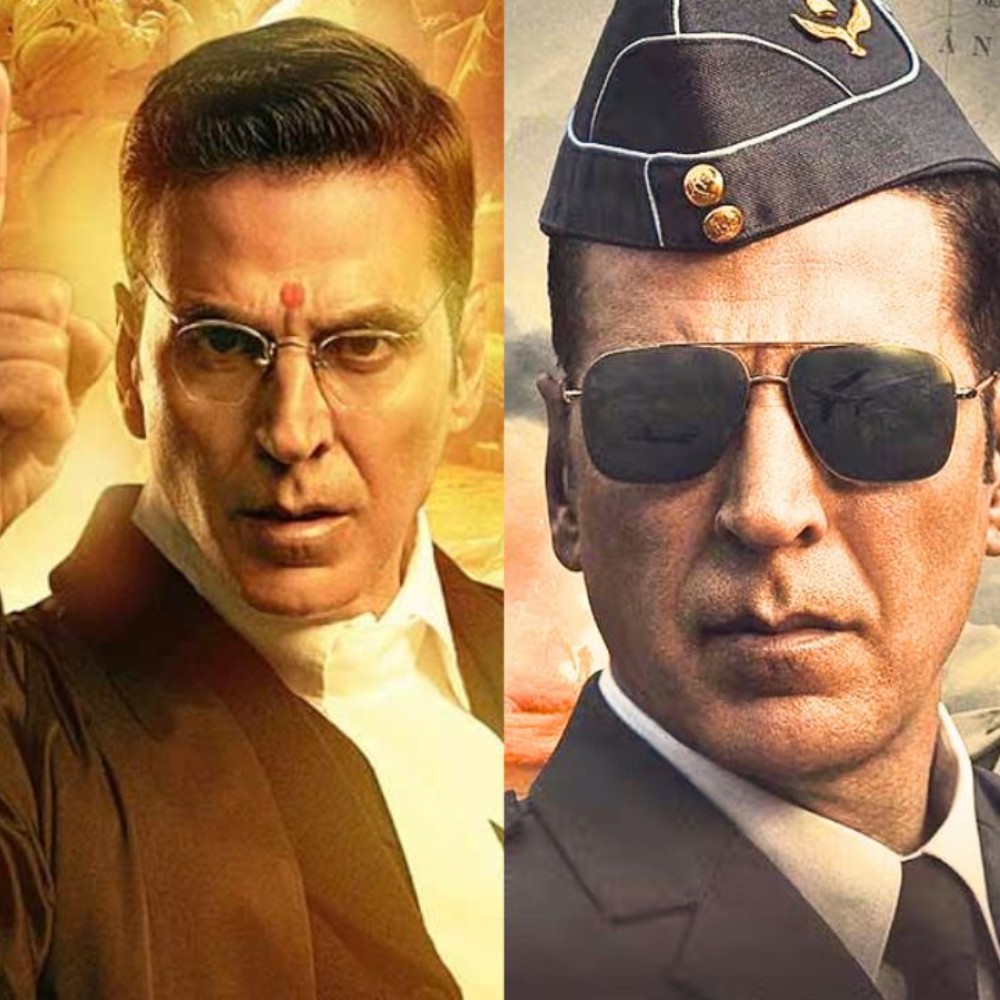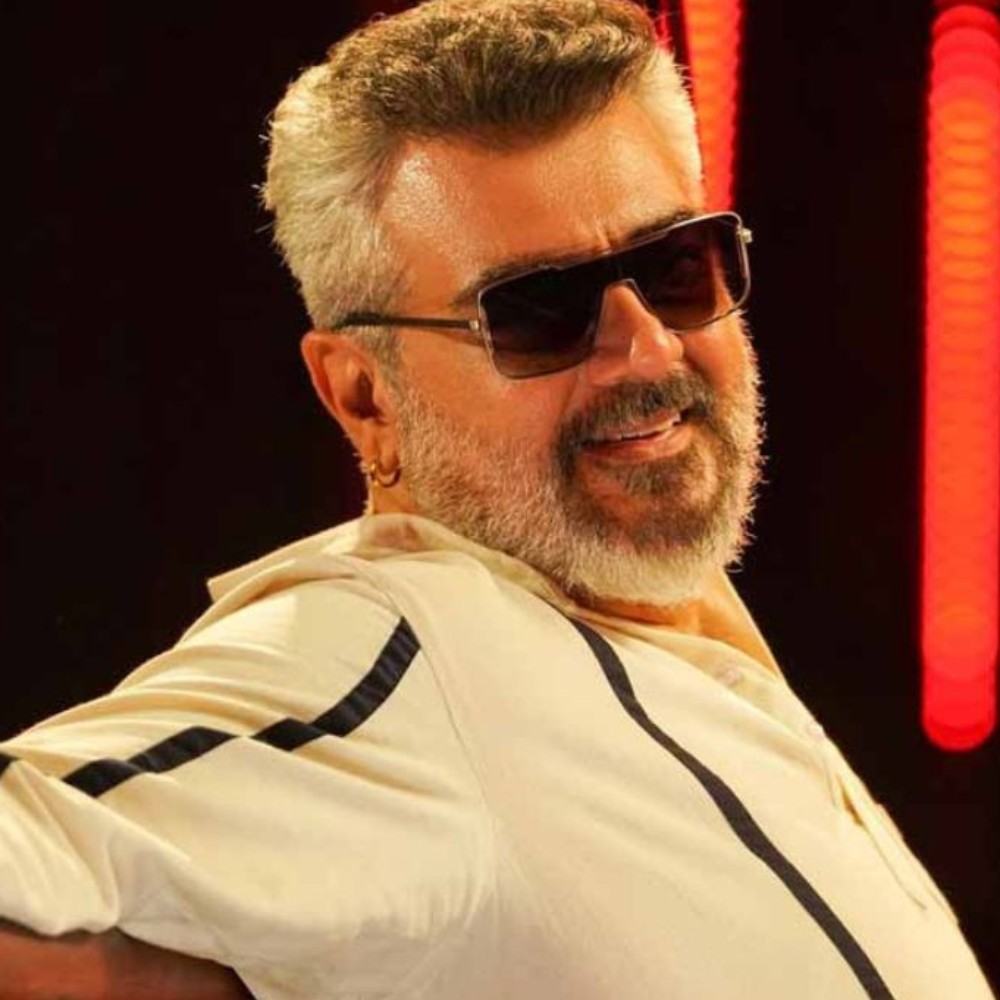South Korea celebrates Liberation day: Discover why it's not called Independence Day and explore its historical significance
South Korea is celebrating its 79th Liberation Day today, let’s take a look at its history, origin of its name and other key details below!
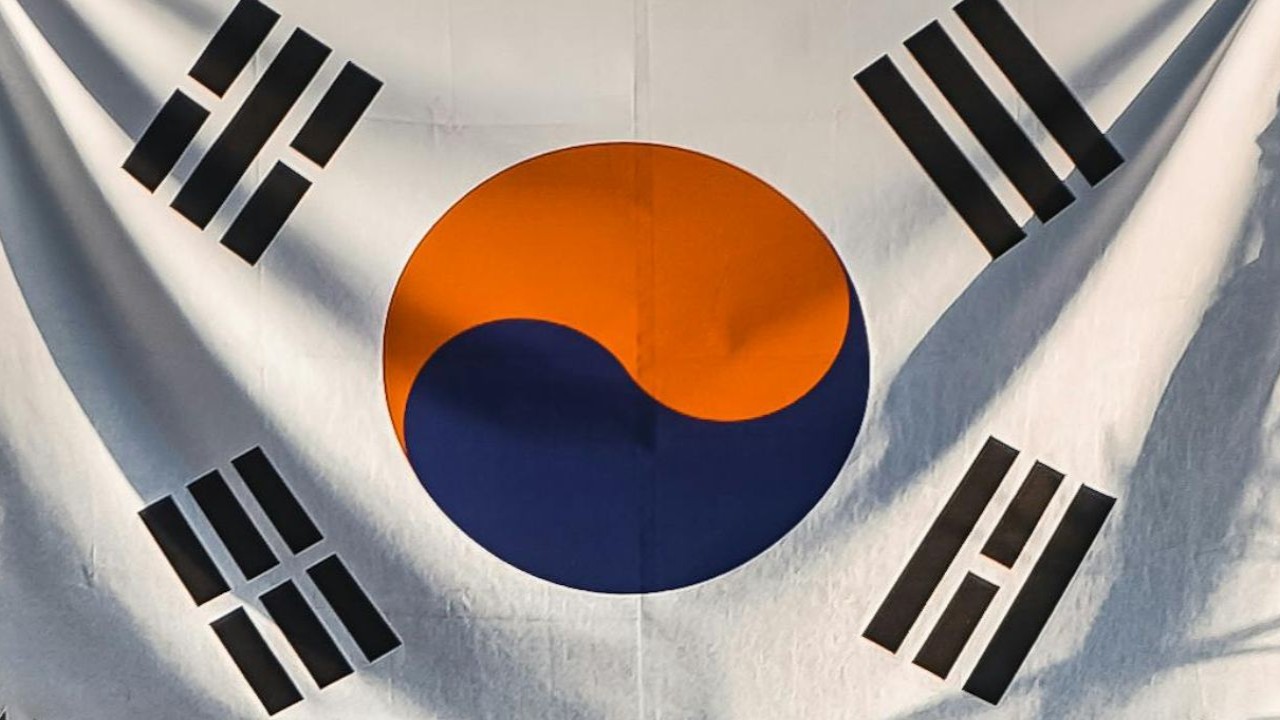
The National Liberation Day of Korea is a public holiday celebrated annually on August 15 in both South and North Korea. It coincides with India’s own Independence Day. But why is it called Liberation Day instead of Independence Day? What is the history behind this day? Let’s explore some key details about August 15th's Liberation Day as South Korea celebrates its 79th anniversary.
Meaning behind the usage of Liberation instead of Independence
National Liberation Day in Korea is a public holiday observed every August 15 in both South and North Korea. It marks the end of 35 years of Japanese colonial rule, thanks to the Allies. The date also aligns with the anniversary of South Korea’s founding in 1948.
According to the Doosan Encyclopedia, South Korea refers to the day as Gwangbokjeol, which means The Day the Light Returned. In North Korea, it is called Chogukhaebangŭi Nal, or Liberation of the Fatherland Day. The term Gwangbokjeol uses "restoration" rather than "independence" to highlight that Korea had a long history of independence before Japanese rule. This emphasizes the idea that Korea was restored in 1945 rather than founded, reflecting the nation's proud and enduring heritage.
History of National Liberation Day
The day commemorates the announcement of Japan’s unconditional surrender on August 15, 1945. This led to the Imperial Japanese Army's surrender to the Allies, with the last Japanese troops leaving southern Korea by the end of September 1945. It wasn’t until three years later, on August 15, 1948, that independent Korean governments were officially established.
While Korea had been an independent nation for centuries, it faced numerous invasions, with Japanese rule being the most recent. It took three years after Korea's liberation in 1945 to formally establish the Republic of Korea, which is celebrated on National Liberation Day.
According to Korea Net, during the colonial period, the Japanese exploited Joseon’s resources, banned the Korean language, and required Koreans to adopt Japanese-style names starting in 1939 under the Name Order. Koreans were also conscripted into forced labor and military service during the Pacific War.
In response, Koreans engaged in relentless efforts to regain their independence, forming various clandestine groups like the Joseon National Sovereignty Restoration Group and the Korea Liberation Corps. They established support bases in China, Russia, and the United States, and organized peaceful demonstrations. In March 1919, Korean leaders declared their independence, and students and ordinary citizens across the country protested with the rallying cry, “Long Live Korean Independence!” The movement extended to Korean communities in Manchuria, Siberia, the United States, Europe, and even Japan.
Following the March 1st Movement, Korean organizations were established in Seoul, the Maritime Provinces of Siberia, and Shanghai. Among these, the Provisional Government of the Republic of Korea, founded in Shanghai, was the country's first democratic republican government. It featured a modern Constitution and a political system with distinct executive, legislative, and judicial branches.
Koreans also engaged in armed resistance against the Japanese. In the 1920s, over 30 Korean independence army units conducted operations in Manchuria and the Maritime Provinces of Siberia. Notably, in June 1920, the Battle of Fengwudong in Jilin Province, China, saw Korean independence fighters, led by Hong Beom Do, achieve a significant victory against Japanese forces.
In 1940, the Provisional Government of the Republic of Korea (PGK) formed the Korean Liberation Army in Chungqing, uniting various volunteer independence armies and militias from Manchuria. The PGK declared war on Japan and sent troops to support the Allied Forces in India and Myanmar.
Additionally, some young Koreans received specialized training from a U.S. military unit to enhance their capabilities for attacking Japanese forces in Korea. On August 15, 1945, Koreans finally achieved their long-awaited liberation with Japan’s surrender in the Pacific War. Subsequently, U.S. and Soviet troops were stationed north and south of the 38th parallel to disarm the remaining Japanese forces on the Korean Peninsula.
August 15 is celebrated by many countries as Victory Over Japan Day, marking the day Japan's emperor announced the country's surrender. In the United States, however, this day is commemorated in September, when Japan formally signed the declaration of surrender.
Celebrations in South Korea
According to Yonhap News, in South Korea, National Liberation Day is marked by various activities and events. An official ceremony, often attended by the President of the Republic, is held either at the Independence Hall of Korea in Cheonan or at the Sejong Center for the Performing Arts. During the celebration, flags of different countries that typically line the roads around the Jamsil area of Seoul, between the Olympic Stadium and Olympic Park, are replaced with South Korean national flags.
On National Liberation Day, all buildings and homes are encouraged to display the South Korean national flag, known as the Taegukgi. Public museums and other sites are generally open free of charge to the descendants of independence activists, who also enjoy free travel on public transport and intercity trains.
At official ceremonies, the Gwangbokjeol Song is performed. The song’s lyrics, written by Jeong Inbo, and its melody, composed by Yoon Yongha, reflect themes of renewal and remembrance. The lyrics evoke imagery of "touching the earth again," "the sea dancing," and how "this day is the remaining trace of 40 years of passionate blood solidified," with a call to "guard this forever and ever."
ALSO READ: Ji Chang Wook, Park Seo Joon, Stray Kids and more; check out 2024 Seollal wishes from celebrities





 JOIN OUR WHATSAPP CHANNEL
JOIN OUR WHATSAPP CHANNEL








